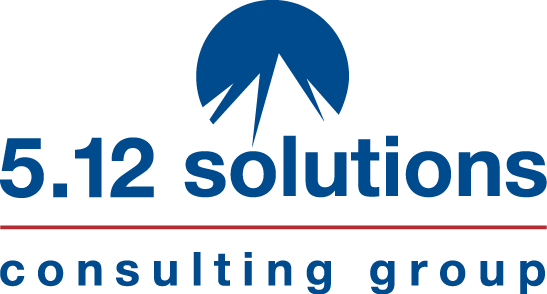In our July post and September post we outlined 9 costly behavioral traits that stall or kill a leader’s career. To conclude our series, we added the remaining 7 career derailers below that most commonly show up in our executive coaching and leadership development engagements.
They are avoidable, but you have to know about them first.
Here they are. Oh, and we added a bonus derailer that you won’t want to miss if you are worried about losing credibility.
7 More Tendencies that Will Derail Your Career
Missing the coachability factor: “A” players are always coachable. But for those who aren’t, they’ll either stop short in their career or be surrounded by a team of “yes people.” Coachability is the willingness to listen to what others say (feedback) and be open to making adjustments based on that input.
Solving one problem at a time: We call this a problem orientation, where leaders see a problem and fix it. They see another problem and they fix that one too. It’s a never ending process of tension and relief as problems arise and the leader fixes them. This leader, without knowing it, may have a dysfunctional belief that leadership is about rescuing others instead of teaching, delegating and coaching.
Being a slave to the urgent: Even the most experienced executive can get caught in this one where they have absolutely no control of their schedule, no whitespace in their day to think and where their time is spent mostly on responding to other’s urgent needs instead of what’s important to the business. Leaders who fail to see their calendar as a reflection of their choices almost never overcome this derailer.
Lack of focus: When everything is the top priority, nothing is a priority. Leaders with a lack of focus do not enable clarity on what’s most important to their organization. Without focus, change efforts get confusing, behavioral change stalls, and work gets diluted over too many projects. In the end, team members are forced to make decisions about what they believe is important, which may not be aligned with what the organization needs most.
Failing to see your impact: These leaders underestimate the impact of what they do or do not do, what they say and do not say, how they reward and how they criticize. I call this consequence. The troops are watching. They’re not missing a trick. Failing to see your impact has significant consequences for people, process, and the organization.
Overlooking peer relationships: As you rise to higher levels of leadership, there’s a broader spectrum of constituents with whom you have to collaborate. And, many of them have competing priorities with you. Failing to build and bridge those relationships is a common mistake leaders make as they put too much emphasis on their direct reports and not enough on their cross-functional counterparts.
Embracing the comfort zone: Senior leaders often find themselves responsible for areas in which they may not have technical expertise. For example, you may have been incredibly successful running Product Management and suddenly find yourself responsible for Marketing too. It’s easy to slip back and micro-manage part of the business in which you have expertise.
Bonus Derailer: Drama
Creating drama: Leaders who create drama usually engage in three derailing behaviors, often simultaneously. (1) They fail to go directly to others with whom they should be speaking and instead create a triangle, enabling a victim/persecutor/rescuer orientation. (2) They put themselves at the center of attention, and (3) they commonly blame others and fail to take responsibility for their contributions to the issue at hand. The drama isn’t hard to spot, but is often confused when leaders are good producers. Warning to those when you spot drama makers…stay away.
What’s Next?
If any of these derailers describe you, here’s a post that will show you a research based path to making meaningful and lasting change.
Want more help? Want to accelerate the process? Want to elevate the perceptions that others have of your leadership style and impact? Consider bringing in our executive coaching services or one of our leadership development programs for your emerging or senior level leaders.

